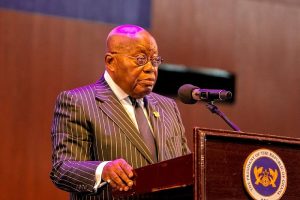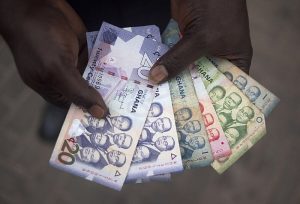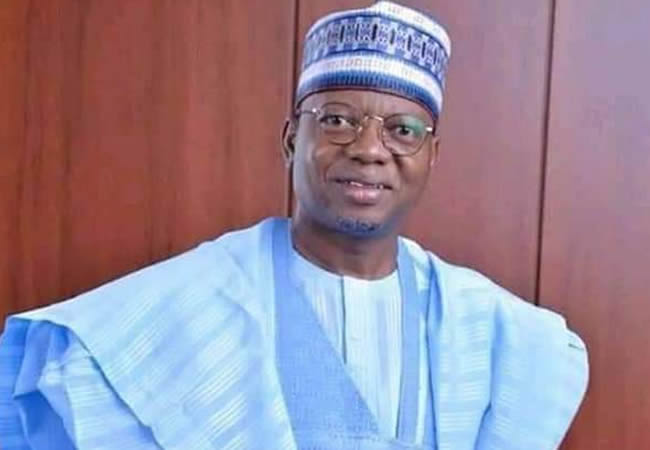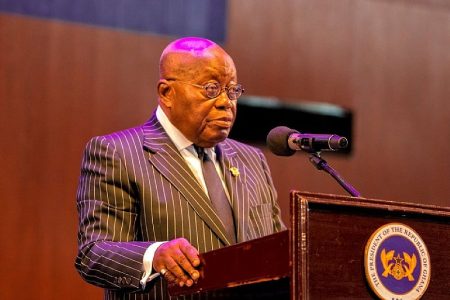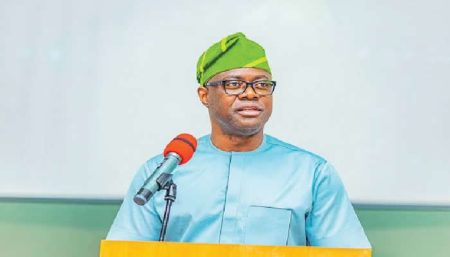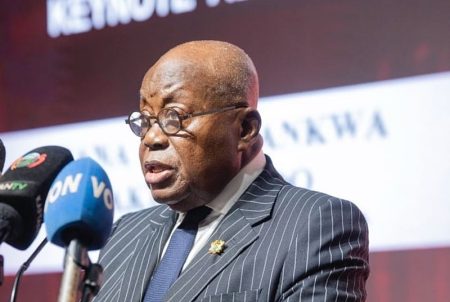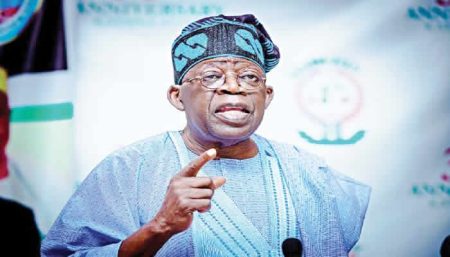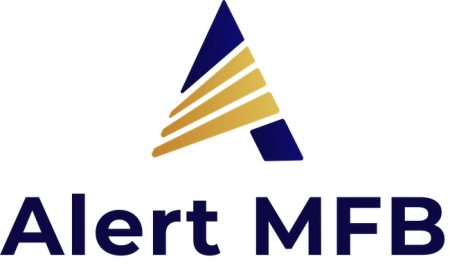The Senate Committee on Finance is poised to conduct a comprehensive two-day public hearing on a quartet of crucial tax reform bills, commencing on February 24th. These bills, submitted by President Bola Tinubu in 2024, aim to overhaul Nigeria’s tax administration, collection processes, and overall operational framework. This legislative action is a critical component of the government’s broader strategy to enhance revenue generation, thereby providing the necessary financial resources to bolster key sectors such as infrastructure, education, and agriculture, ultimately propelling Nigeria towards the economic standing of advanced nations. The Senate’s commitment to these reforms underscores its recognition of the vital role of efficient tax systems in driving national development.
Senator Sani Musa, Chairman of the Senate Committee on Finance, announced the public hearing following a closed-door session with committee members. He emphasized the importance of public participation in this process, inviting organizations and individuals to contribute their perspectives on the proposed legislation. The bills under consideration include the Joint Revenue Board Establishment Fund Bill, the Nigerian Revenue Services Bill, the Nigerian Tax Administration Bill, and the Nigerian Tax Bill. These bills collectively represent a significant effort to modernize and streamline Nigeria’s tax system, aligning it with international best practices and maximizing its potential for revenue generation. The Senate’s proactive approach signifies a commitment to transparent and participatory governance in shaping the nation’s fiscal future.
The Senate’s focus on tax reform aligns with President Tinubu’s vision for economic revitalization. The bills are designed to provide the government with the financial capacity to invest in critical sectors, stimulating economic growth and improving the lives of Nigerian citizens. Senator Musa stressed the committee’s commitment to thorough review and stakeholder engagement, highlighting prior interactions with various stakeholders to ensure a comprehensive understanding of the implications of these reforms. He also emphasized the Senate’s independence in this process, reiterating President Tinubu’s assurance of non-interference, thereby underscoring the legislative branch’s commitment to acting in the best interests of the nation. The Senate’s dedication to due process reflects its resolve to create legislation that is both effective and equitable.
To ensure a well-informed and comprehensive review, the Senate Committee on Finance has extended invitations to a wide array of key stakeholders, including the Minister of Finance and Coordinating Minister of the Economy, the Minister of Trade and Investment, the Attorney General of the Federation, the Minister of Petroleum, the Chairman of the Federal Inland Revenue Services (FIRS), and the Statistician General of Nigeria, who heads the National Bureau of Statistics (NBS). These invitations underscore the committee’s desire to gather firsthand information on the current state of the economy and to understand the practical implications of the proposed tax reforms. By incorporating diverse perspectives and expertise, the Senate aims to craft legislation that is both effective and responsive to the needs of the Nigerian economy.
Furthermore, Senator Musa emphasized that committee members have meticulously reviewed the tax bills and engaged in consultations with their constituents to ensure that the final legislation reflects the needs and aspirations of the Nigerian people. This emphasis on grassroots engagement underscores the Senate’s commitment to representative governance and its recognition of the importance of public input in shaping effective policy. The collaborative approach adopted by the Committee reflects a desire to build consensus and ensure that the resulting tax reforms are broadly supported and contribute to national prosperity.
Finally, the committee also engaged with the Ministry of Finance Incorporated (MOFI), the agency responsible for managing the Federal Government’s assets and portfolios. Recognizing MOFI’s crucial role in the overall economic landscape, the Senate commended the agency’s initiatives and acknowledged its contribution to economic transformation. The ongoing dialogue between the Senate and MOFI signifies a collaborative approach to economic management, with both entities working in concert to optimize the utilization of national assets for the benefit of the Nigerian people. The Senate’s engagement with MOFI further reinforces its commitment to comprehensive oversight and its dedication to ensuring that all facets of government operations contribute to national economic progress.



